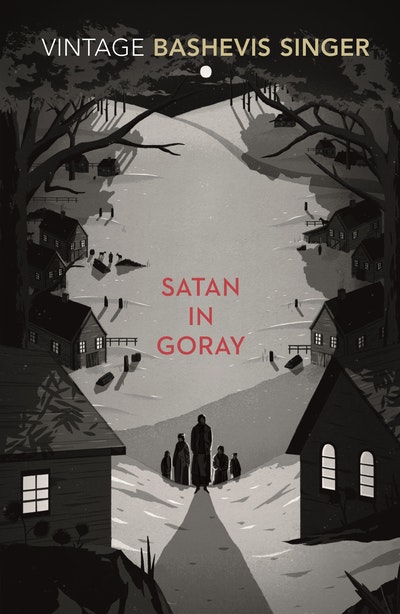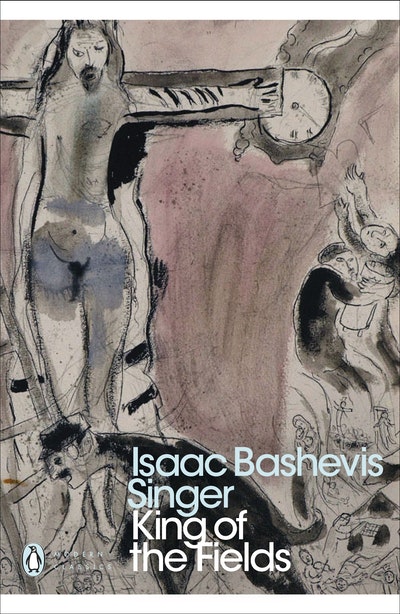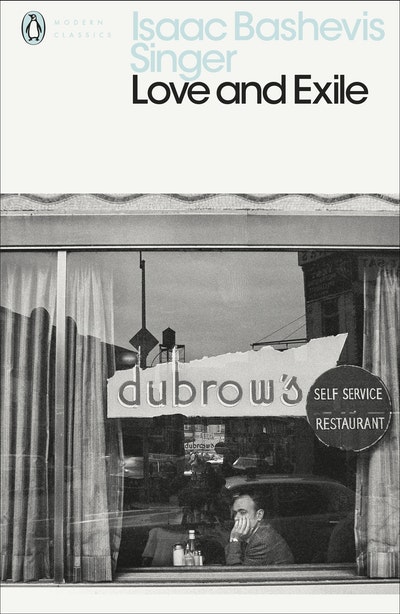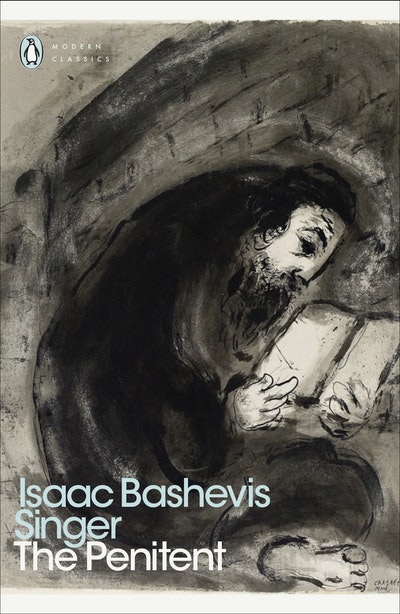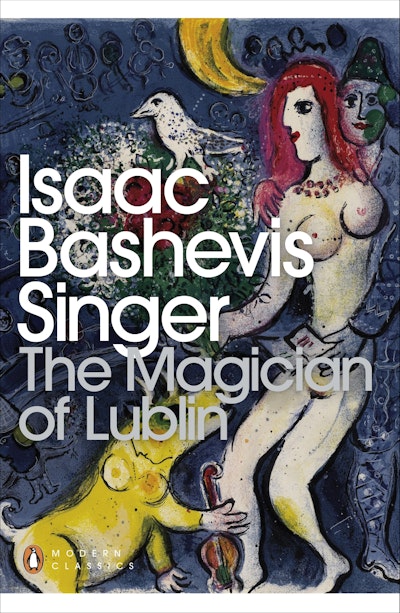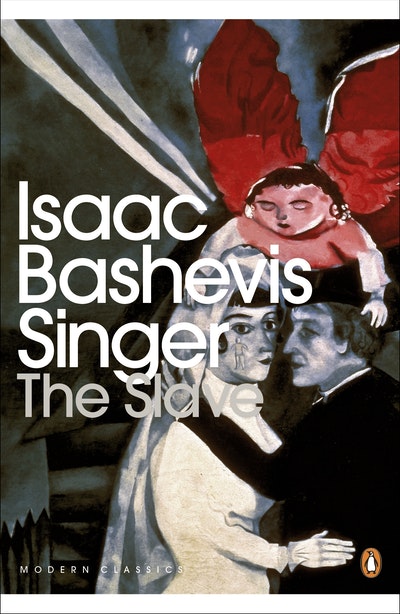[]
- Published: 2 February 2015
- ISBN: 9780099285472
- Imprint: Vintage Classics
- Format: Paperback
- Pages: 208
- RRP: $24.99
Satan in Goray
Buy from…
- Published: 2 February 2015
- ISBN: 9780099285472
- Imprint: Vintage Classics
- Format: Paperback
- Pages: 208
- RRP: $24.99
Whatever religion his writing inhabits, it is blazing with life and actuality
Ted Hughes, New York Review of Books
His storytelling powers are so immense, so natural. He has more creative confidence than any living writer
Financial Times
A gripping parable of reason versus revelation, hysteria in the face of apocalypse
Guardian
A remarkably confident debut... Singer was a great writer who managed to make that small world take on universal significance
Guardian
Singer set scenes with such vividness that there is almost a smell to his books, the smell of poverty and guttering candles and decaying lives and decaying souls
Observer
The richness of Singer's evocation and the ambiguity of his art set the novel apart from pure political satire
New Yorker
